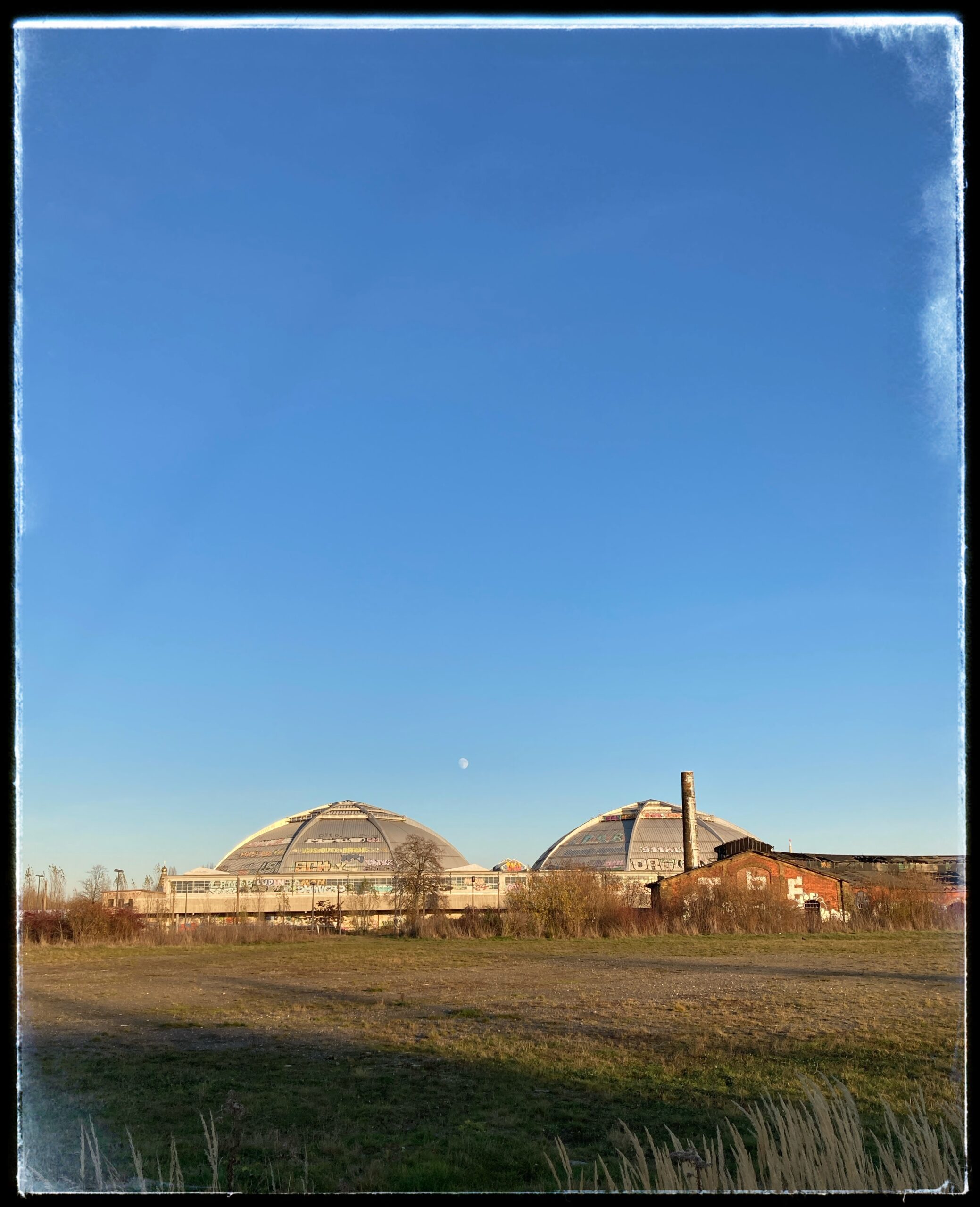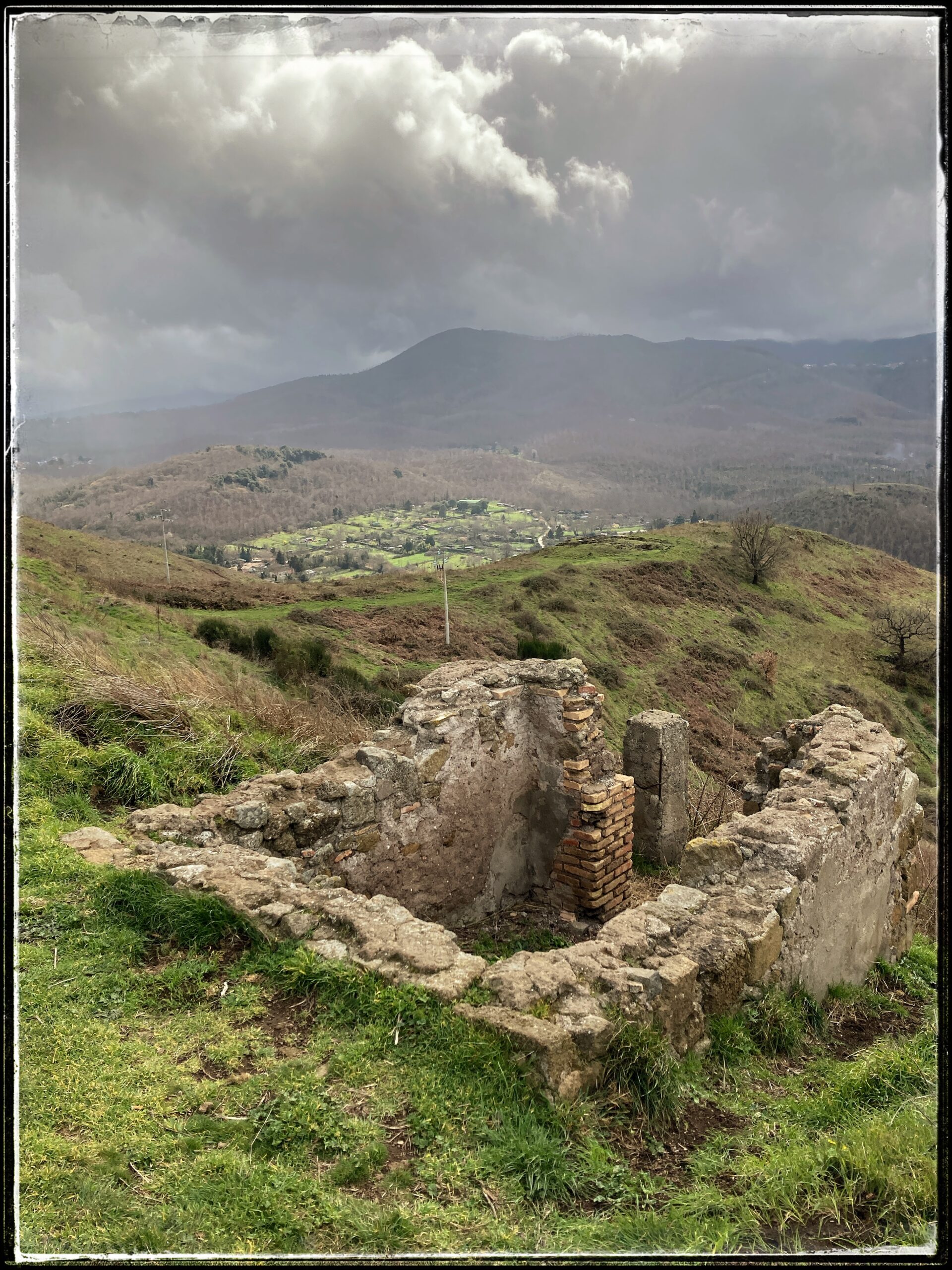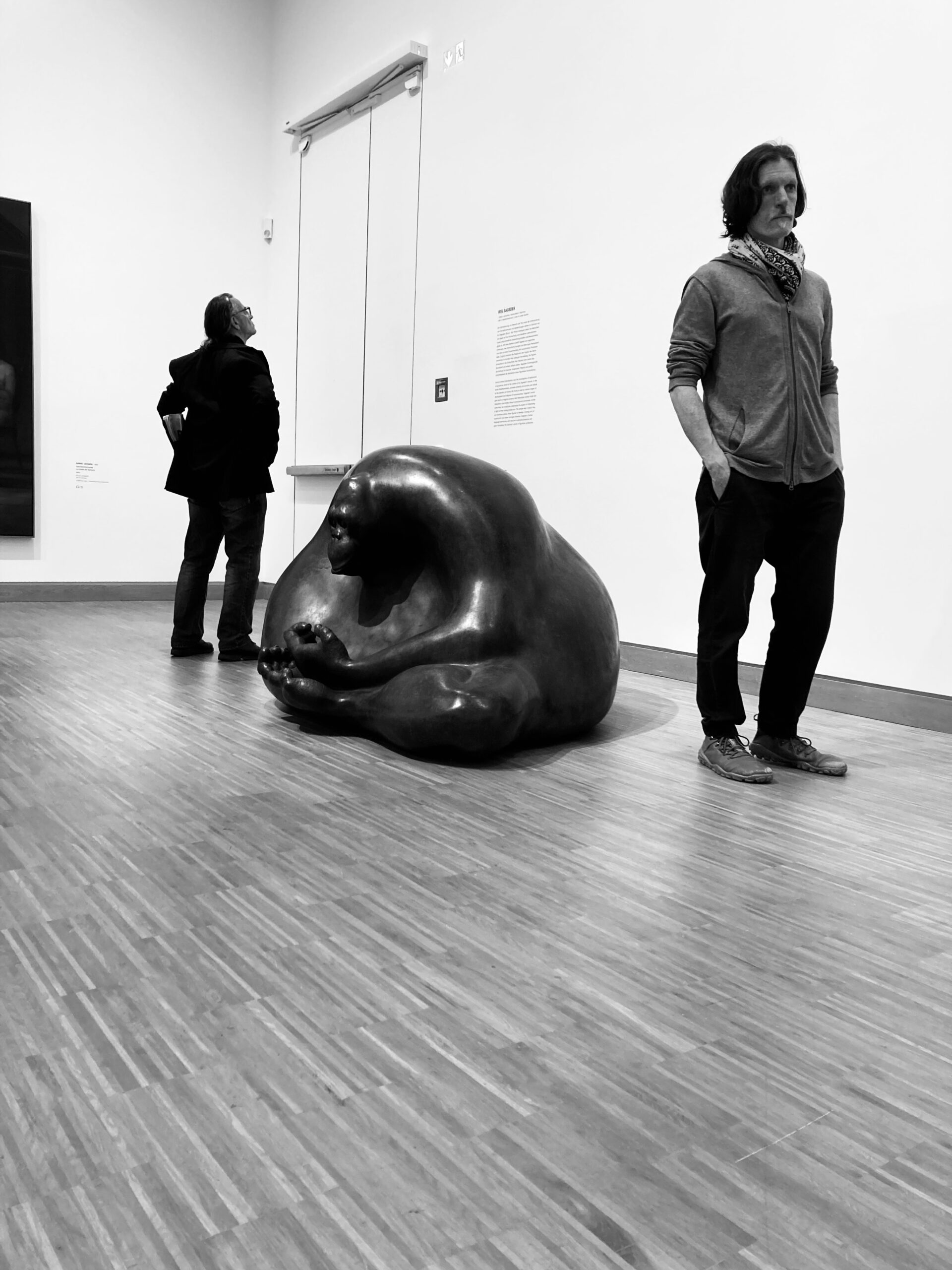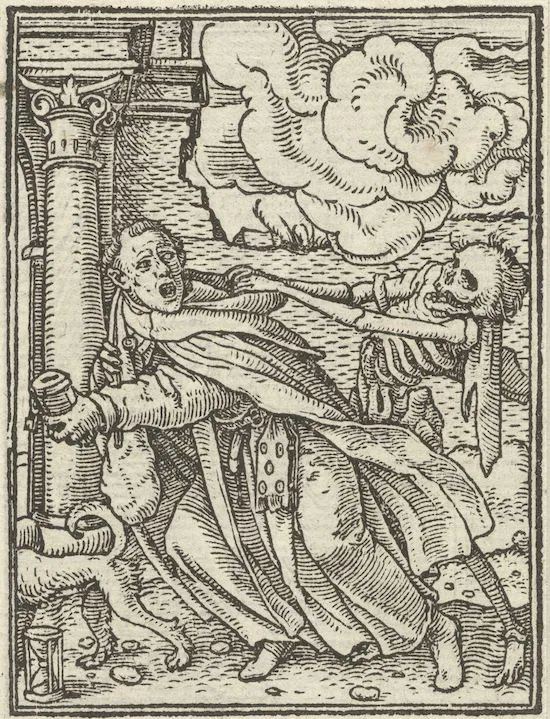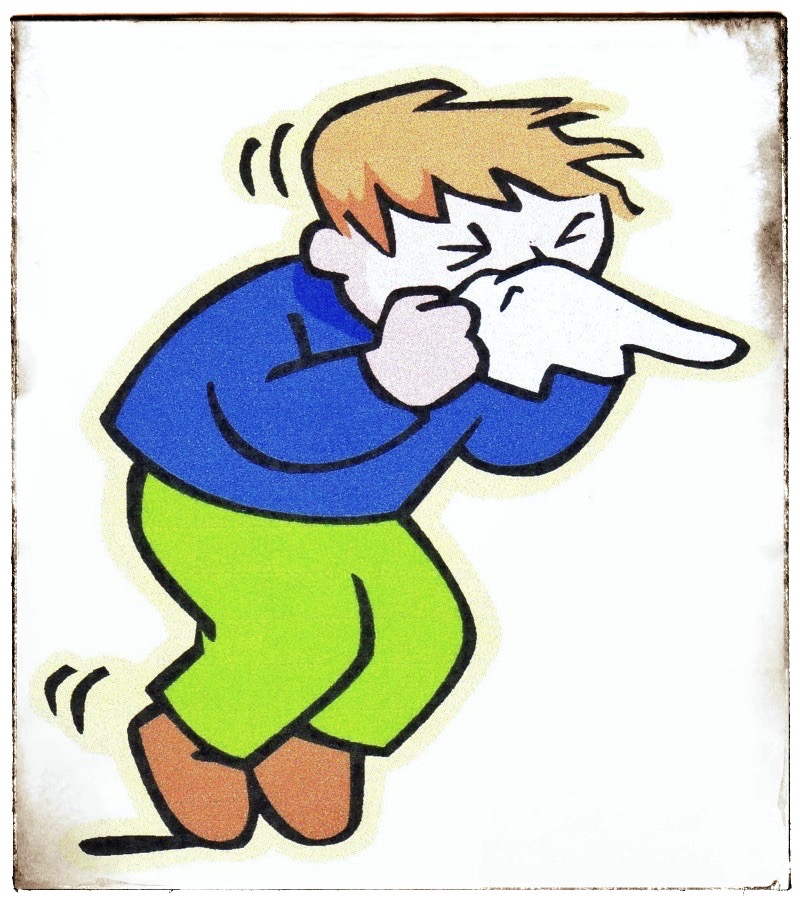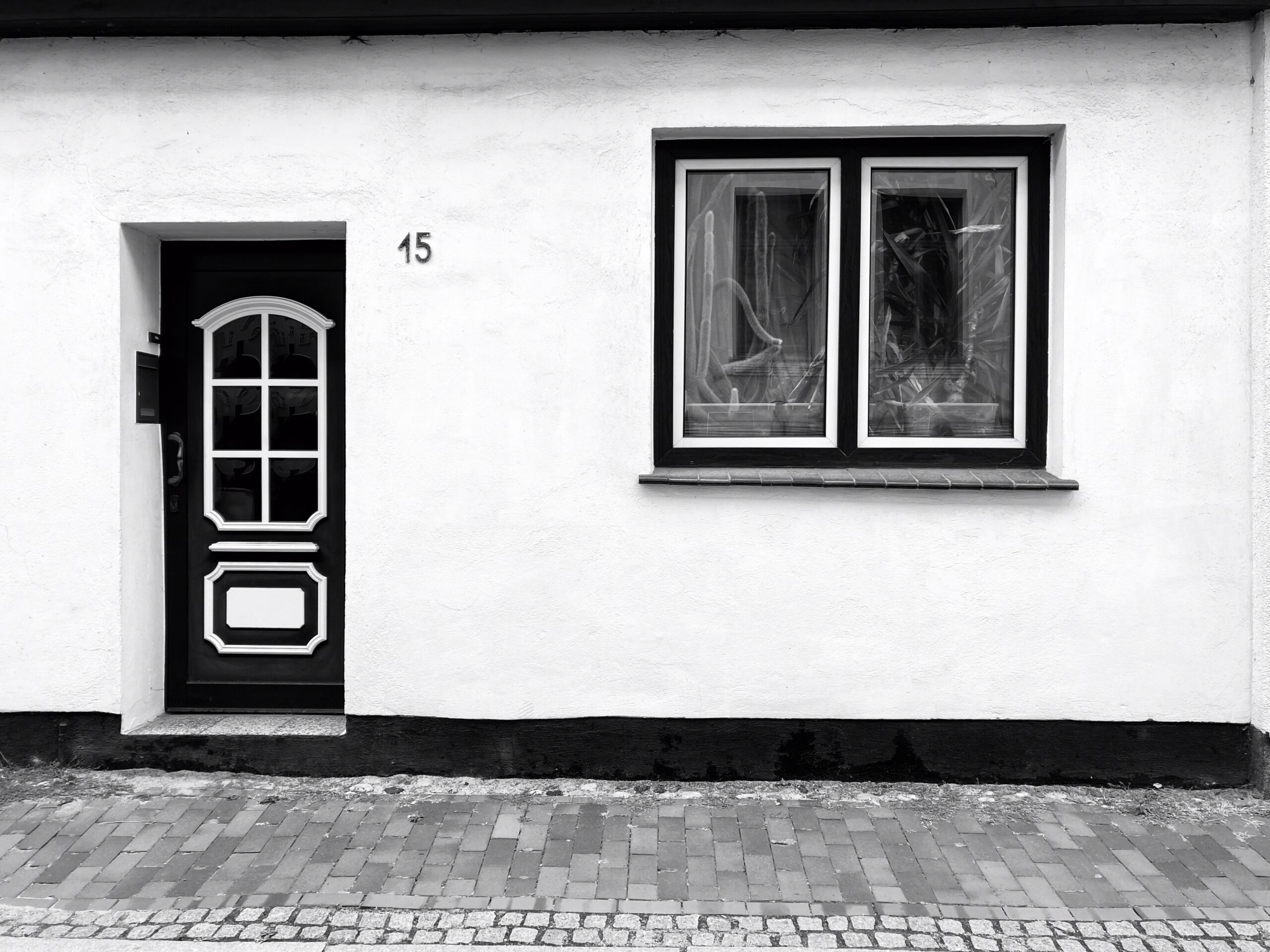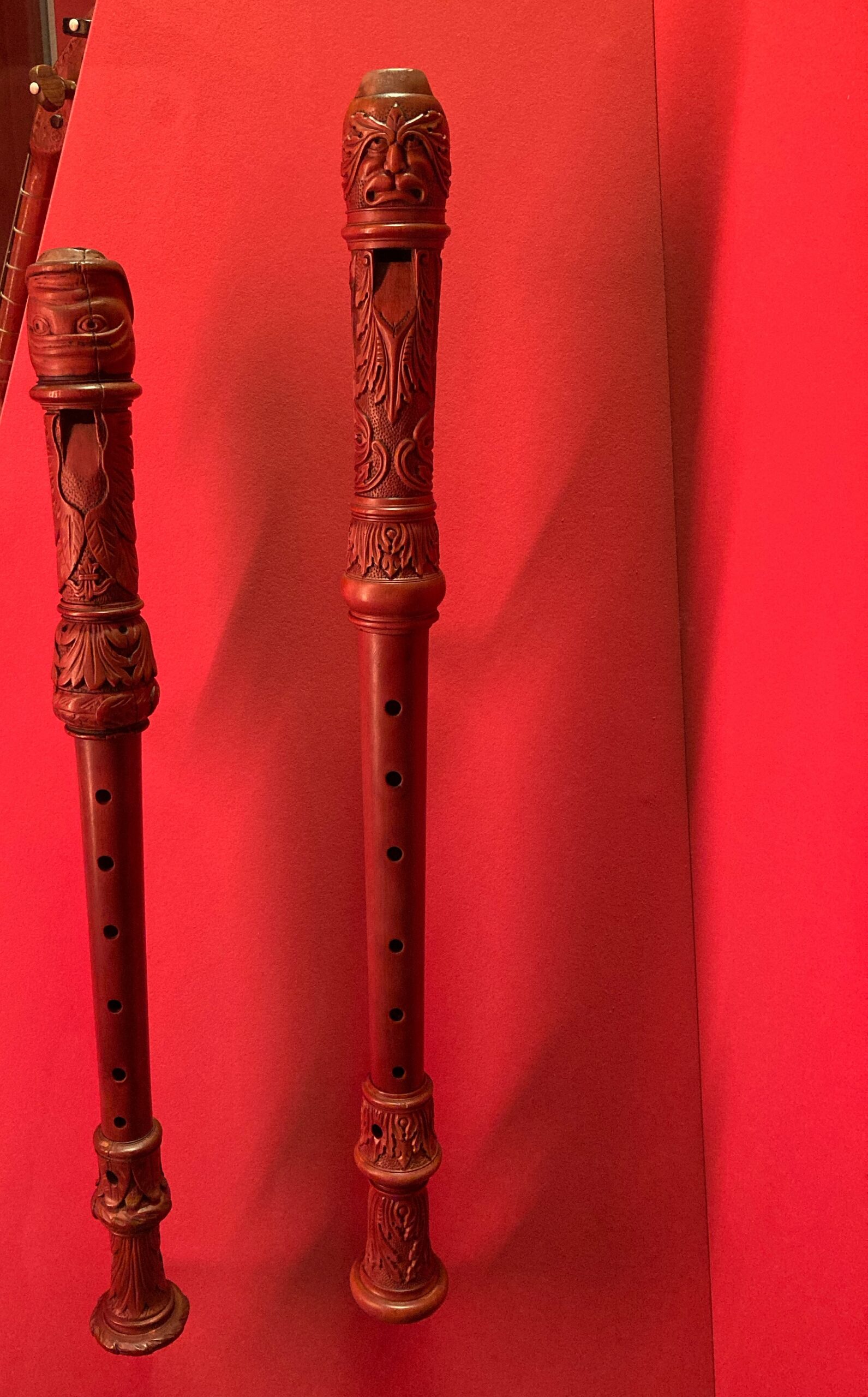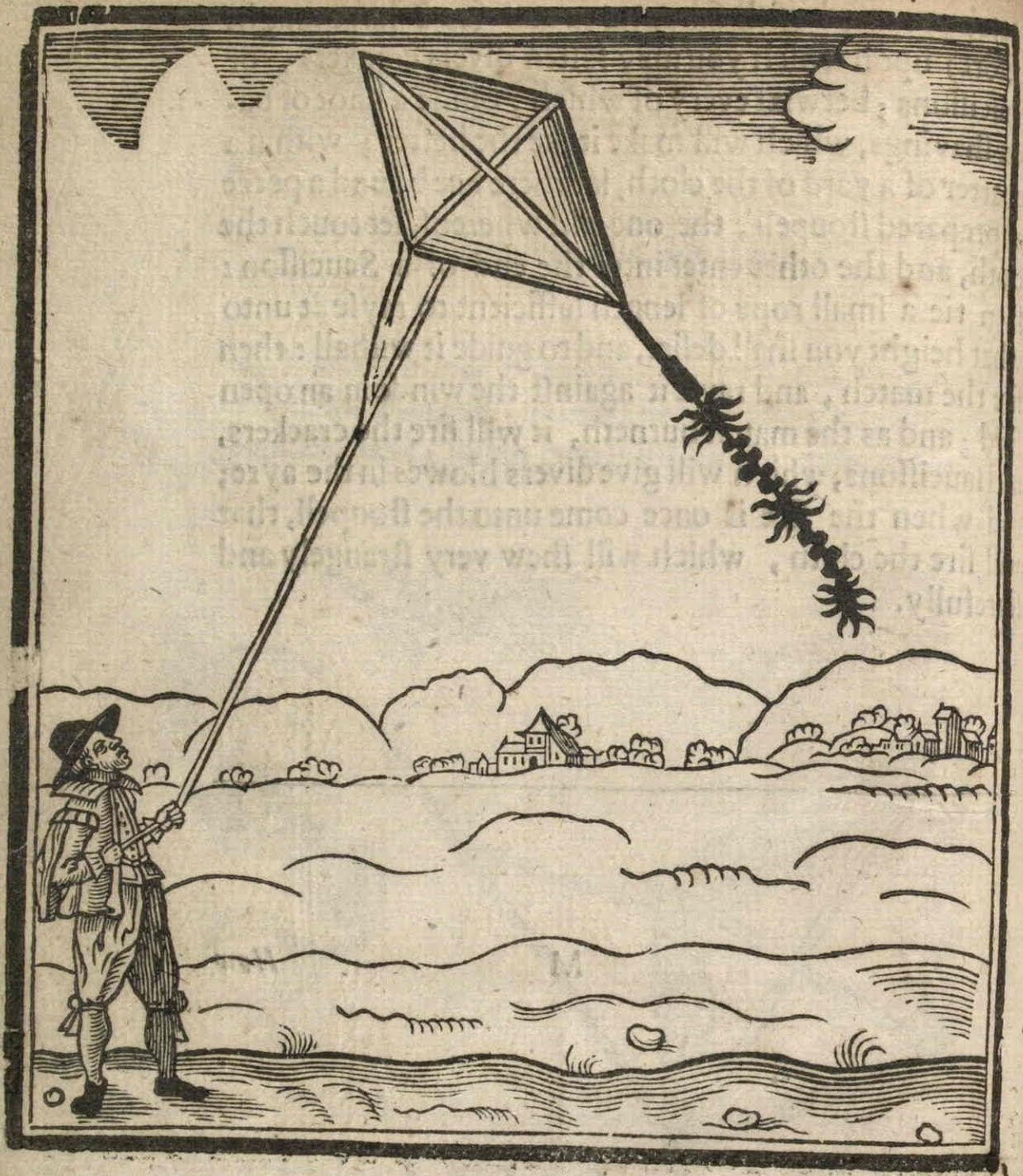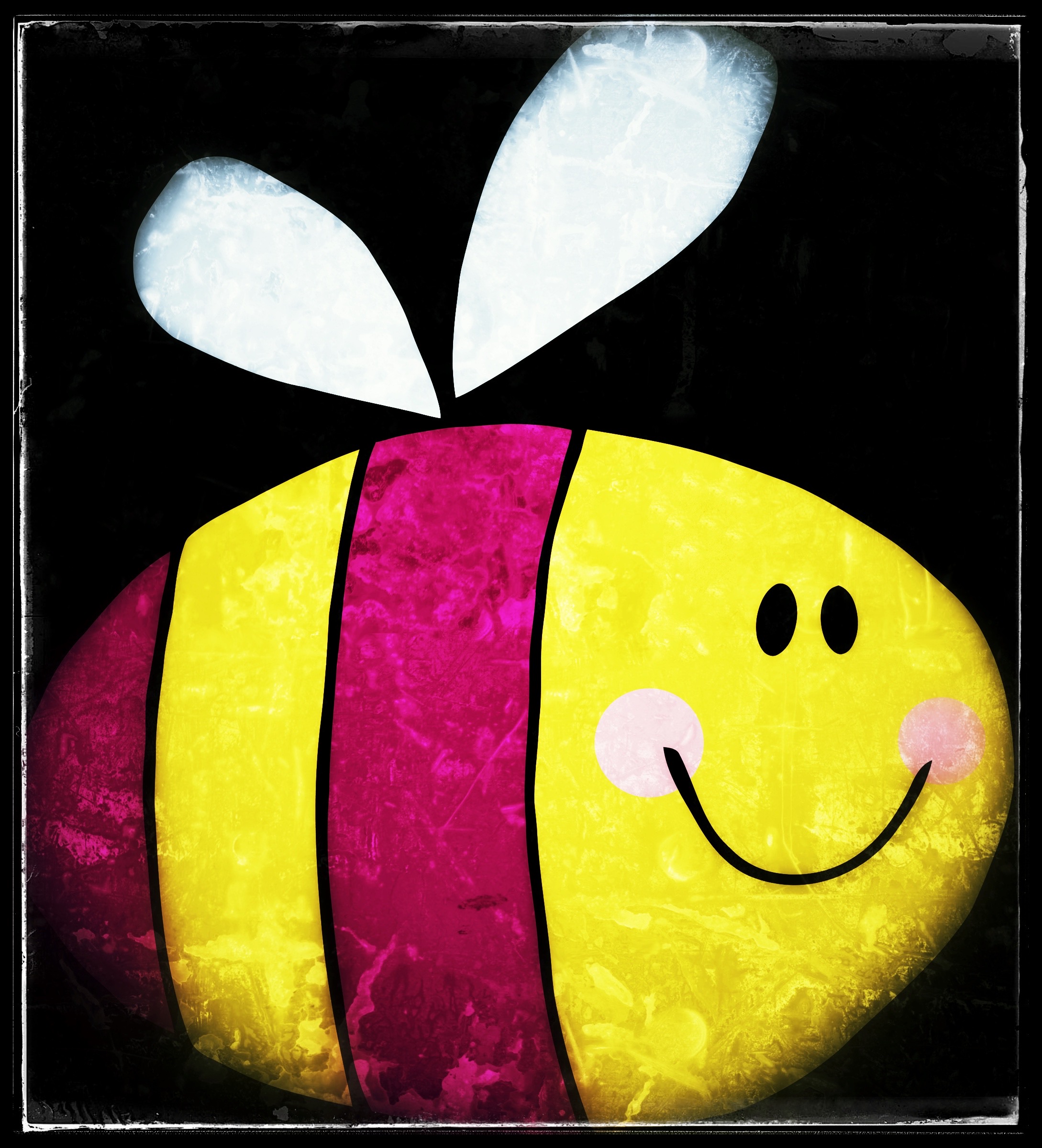
A picture of a cartoon, egg-shaped bee with purple-magenta stripes on its yellow body. It has two black dots for eyes, a big, smiling mouth, and rosy pink cheeks. It's borne aloft on two tiny white wings. I’m out on the bi-weekly bean run. The weather may be grey, but…
Read More
